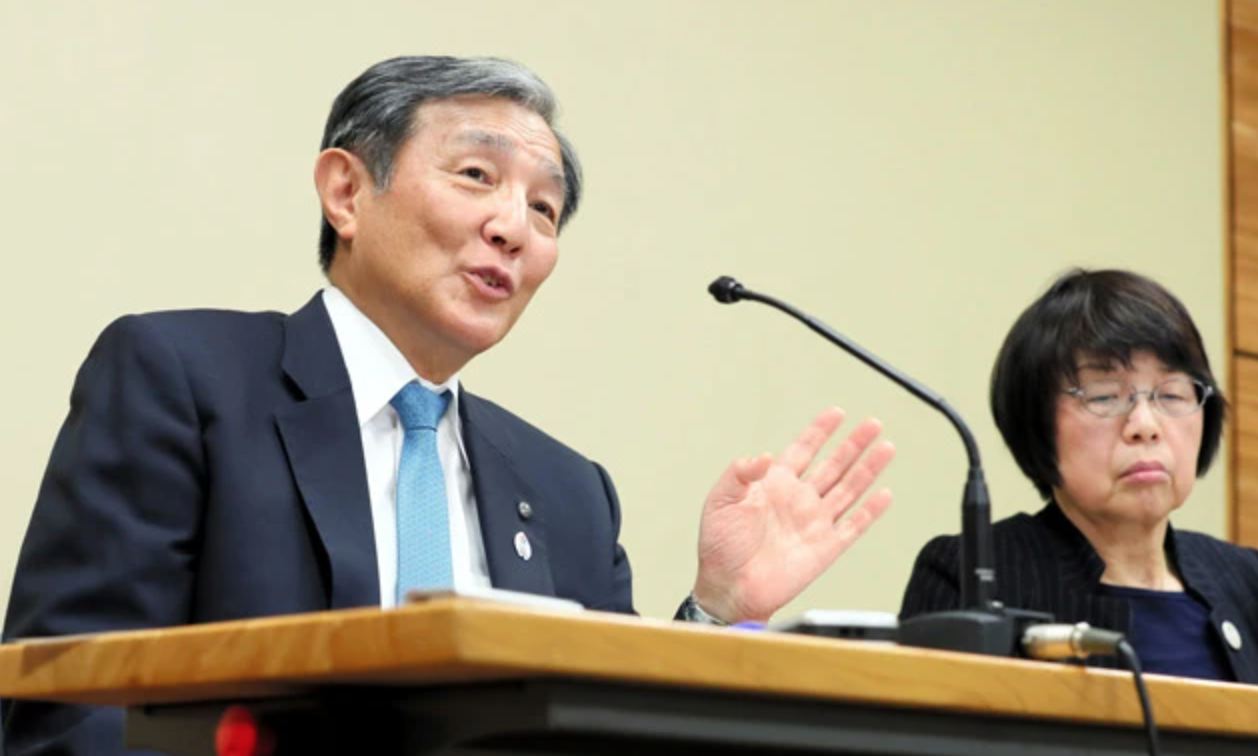Posted on: April 21, 2022, 08:02h.
Last updated on: April 21, 2022, 11:57h.
Supporters of the Wakayama integrated resort (IR) plan saw their dreams suddenly enveloped in a nightmare this week. That’s after the prefecture legislature voted against moving forward with the proposed JPY470 billion (US$3.6 billion) development.

Wakayama Governor Yoshinobu Nisaka — a member of Japan’s ruling Liberal Democratic Party (LDP) — has been a staunch supporter of the country authorizing commercial casino resorts. Nisaka spoke out in disappointment yesterday after the Wakayama Prefecture Assembly voted 22-18 against the casino plan. The legislature’s vote withdrawals Wakayama’s candidacy to become a casino host.
A bitter blow,” Nisaka said after the vote. The governor added that the IR would have been an “ultimate jump start” for the prefectural economy, as the COVID-19 pandemic finally shows signs of ending.
Nisaka responded to assembly concerns that a casino would lead to societal harms, such as gambling addiction, debt, and broken families, by arguing that the prefecture was ready to implement “even stricter prefectural regulations to the world’s strictest national regulations so that adverse effects such as addiction would not occur.”
The governor said the IR would have created thousands of jobs and generated an annual economic impact of US $2.7 billion for the prefecture.
Caesars Misses Again
When the Japan National Diet passed its gaming bill authorizing as many as three IRs in 2018 — officially called the “Act for Development of Specified Complex Tourist Facilities Areas” — the opportunity was seen by global casino operators as the most significant since China’s Macau in the early 2000s. But Japan’s lengthy rulemaking process, then paired with the pandemic, resulted in much of that excitement waning.
Caesars faced much criticism for not bidding for one of Macau’s five commercial gaming licenses after the enclave was handed back from Portugal to China in 1999. Macau expanded its gaming market two years later by welcoming in foreign operators like Sands, MGM Resorts, and Wynn.
Caesars opted not to venture into the Chinese Special Administrative Region. The decision was catastrophic and played a considerable role in Caesars eventually entering bankruptcy following the 2008 Great Recession.
Caesars wasn’t going to miss Japan. The Las Vegas-based gaming company was to operate Wakayama’s IR through a partnership with Canadian private equity firm Clairvest Group. Clairvest was set to own 55% of the physical resort, Caesars 5%, and the remaining 40% divvied up among local Japanese investors.
Sloppy Plan
Wakayama assembly members who voted against the IR pitch said the government had too little oversight of the casino planning. They scolded Clairvest on allegations that the company hadn’t fully clarified how the $3.6 billion investment would be funded.
The project has so far been dominated by the operator, so I feel there is sloppiness,” said an LDP prefecture member who wished to remain anonymous. The lawmaker’s comments were provided to The Asahi Shimbun.
Kazumi Yoshii, also an LDP assembly member, was willing to go on the public record. He said the “vague and uncertain” funding plan likely would have been rejected by the central government. That, he said, warranted his “No” vote.
